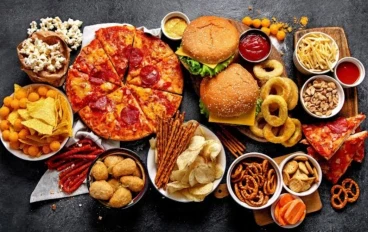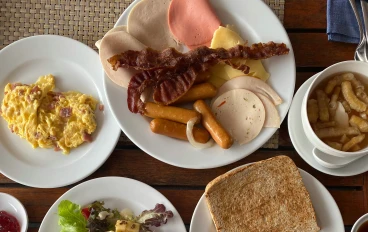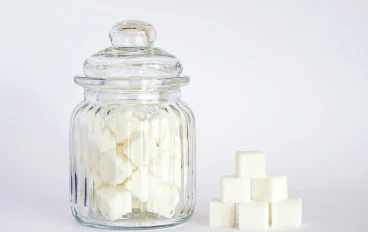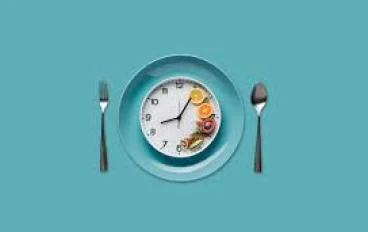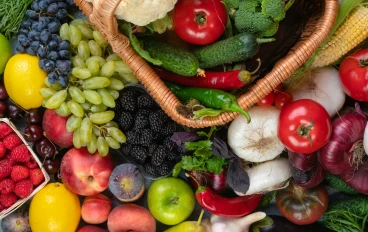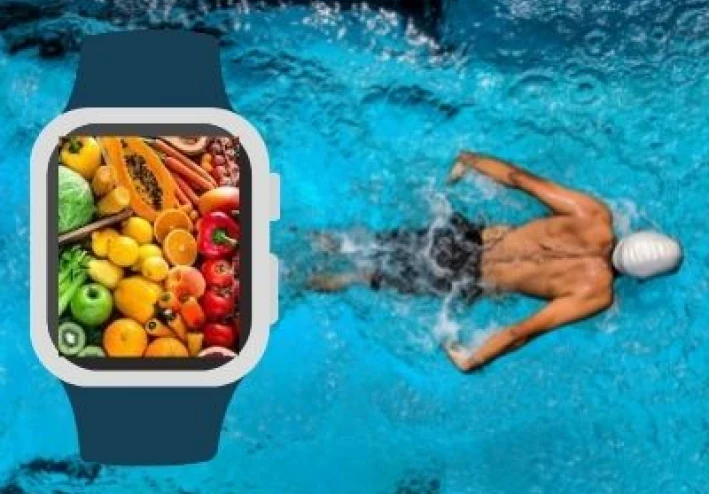
Nutrition for Swimmers
Nutrition for Swimmers: The Golden Fuel for Peak Performance
Introduction
Swimming is not just a competitive sport or a recreational activity; it is one of the most demanding disciplines that requires a perfect balance between physical effort and proper nutrition. Professional swimmers spend long hours training daily, both in and out of the water, and their bodies are exposed to intense physical stress that needs specialized nutritional strategies.
Nutrition, in this case, is not a luxury—it is an essential part of the training program. The difference between winning and losing, or between finishing first and second, can be as small as a fraction of a second, and very often that difference comes down to fueling the body correctly.
In this comprehensive article, we will explore every important aspect of swimmers’ nutrition: energy needs, macronutrients and micronutrients, meal timing, hydration, supplements, practical diet plans, and golden tips for athletes who want to perform at their very best.
1. The Nature of Effort in Swimming
Unlike land-based sports, swimmers move in a water environment, which requires extra effort to maintain speed, balance, and resistance against drag. Moreover, water accelerates heat loss, forcing the body to work harder to maintain thermal balance.
Training intensity: Elite swimmers typically train twice a day, 2–3 hours per session, in addition to strength and conditioning sessions outside the pool.
Energy expenditure: Swimmers may burn anywhere between 3000–7000 kcal per day, especially during training camps or competitions.
Energy storage: Muscle glycogen is depleted rapidly during swimming and must be constantly replenished through diet.
2. Macronutrients: The Core of a Swimmer’s Diet
Carbohydrates – The Primary Fuel
Carbohydrates are the foundation of a swimmer’s diet because they provide the fastest and most efficient source of energy during training and races.
Recommended intake: 55–65% of total daily calories.
Types:
Complex carbs (oats, brown rice, whole grains, potatoes) → steady energy supply.
Simple carbs (fruits, honey, sports drinks) → quick boost before or during training.
Timing:
Pre-training: a small carb-rich snack (banana, toast with honey).
Post-training: carb-heavy meals within two hours to restore glycogen.
Protein – Building and Repairing Muscles
Protein is crucial for repairing damaged tissues, building muscle mass, and supporting overall recovery.
Recommended intake: 1.4–1.7 g per kg of body weight daily.
Best sources: poultry, fish, eggs, dairy, legumes.
Distribution: 20–30 g of protein spread across multiple meals during the day improves absorption and utilization.
Healthy Fats – The Long-Lasting Energy
Fats should not be underestimated; they are essential for hormones, joint protection, and prolonged energy.
Recommended intake: 20–25% of daily calories.
Healthy sources: olive oil, nuts, avocado, fatty fish (salmon, tuna).
Role: absorb fat-soluble vitamins and provide backup energy during long training sessions.
3. Micronutrients: Small But Vital
Essential Minerals for Swimmers
Calcium & Vitamin D: maintain strong bones and joint health.
Iron: critical for oxygen transport in the blood—deficiency leads to fatigue.
Magnesium & Potassium: prevent cramps and support muscle contraction.
Key Vitamins
Vitamin C: boosts immunity and reduces oxidative stress.
Vitamin B12 & Folate: essential for red blood cell production and energy metabolism.
Omega-3 fatty acids: reduce inflammation and improve recovery.
4. Hydration: The Hidden Weapon
One of the biggest misconceptions is that swimmers don’t sweat as much because they’re “in the water.” The truth is, they lose significant amounts of fluids through sweat—even in the pool.
Recommended intake: 3–4 liters per day.
Before training: 500 ml of water one hour prior.
During training: frequent sips of water or sports drinks every 20 minutes.
After training: hydration with water plus electrolytes to restore sodium and potassium levels.
5. The Importance of Meal Timing
It’s not only what swimmers eat but also when they eat that matters most. Proper meal timing enhances performance and recovery.
3 hours before training: a balanced meal with complex carbs, protein, and healthy fats.
30–60 minutes before training: a light, easy-to-digest snack (banana, energy bar).
Within 30 minutes post-training: a carb-to-protein ratio of 3:1 for optimal recovery.
Dinner: rich in protein and healthy fats to support overnight muscle repair.
6. Supplements: Support, Not Substitutes
Whole foods should always be the priority, but certain supplements can provide extra support:
Whey Protein: quick protein recovery post-training.
Creatine: improves strength and sprint performance.
BCAAs: reduce muscle soreness and fatigue.
Vitamin D & Calcium: for bone health, if deficiencies exist.
7. Nutritional Challenges for Swimmers
Excessive hunger post-training: high calorie burn can trigger overeating.
Maintaining ideal body composition: balance between low body fat and strong muscle mass.
Scheduling meals: fitting proper nutrition into two daily training sessions.
Travel & camps: adapting to limited or unfamiliar food availability.
8. Sample Daily Meal Plan for a Professional Swimmer
Breakfast
Oatmeal with low-fat milk, honey, banana, and nuts.
Fresh orange juice.
Mid-morning snack
Greek yogurt with blueberries and chia seeds.
Lunch
Grilled chicken breast or salmon.
Brown rice or whole grain pasta.
Steamed vegetables and green salad with olive oil.
Pre-training snack
Whole grain toast with peanut butter and a banana.
Post-training recovery
Whey protein shake with a banana.
Turkey sandwich on whole grain bread.
Dinner
Tuna or boiled eggs.
Baked potatoes.
Fresh vegetable salad.
Before bed (optional)
Warm milk or low-fat yogurt.
9. Golden Tips for Swimmers
Plan meals ahead to avoid fast-food temptations.
Track weight and body composition regularly.
Choose easily digestible foods before races.
Use supplements wisely under professional guidance.
Prioritize sleep as much as nutrition—recovery happens during rest.
Conclusion
For swimmers, nutrition is not just about filling the stomach—it is one of the keys to success in competition. A well-balanced diet rich in complex carbohydrates, high-quality protein, and healthy fats, combined with proper hydration and strategic meal timing, can make the difference between an average swimmer and a world-class champion.
Success in swimming is forged not only in the pool but also at the dining table. The athletes who understand that “food is fuel” will always find themselves stronger, faster, and more resilient in every race.






























